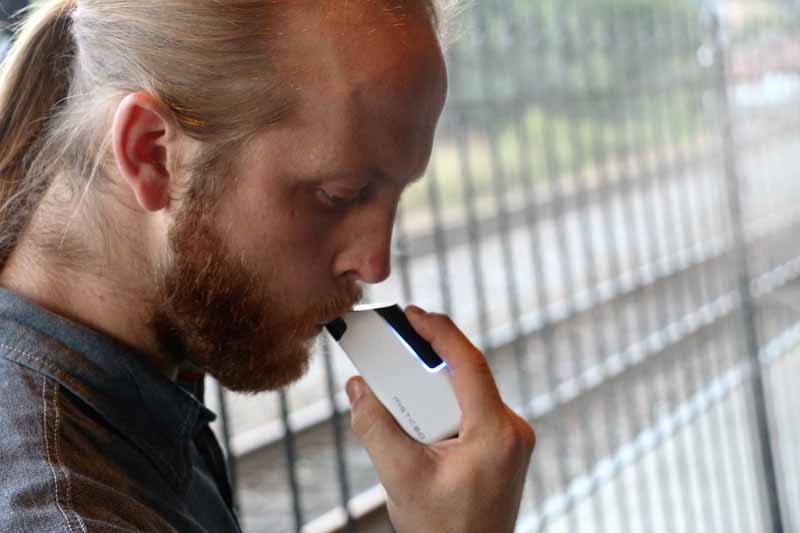Scott Gottlieb has resigned as commissioner of the U.S. Food and Drug Administration (FDA), reports The Washington Post. He will leave his position in about a month. Gottlieb has been commuting weekly to Washington from his home in Connecticut and reportedly wants to spend more time with his family.
During his tenure, Gottlieb won praise and criticism for his stance on tobacco and vapor products.
In July 2017, a few months after becoming commissioner, he unveiled a comprehensive tobacco blueprint calling for reduced nicotine levels in cigarettes. But he also delayed for several years a tough new regulation for e-cigarettes.
After new government data suggested a sharp increase of vaping by minors, Gottlieb changed course, calling teen vaping “an epidemic” and threatening vapor companies that he would pull their products off the market if they didn’t curb use by minors.
In November, he proposed limiting sales of most flavored e-cigarettes—except mint and menthol—to age-restricted stores and sharply tightening online purchases. He said he also wanted to ban menthol cigarettes and flavored cigars, as well as reduce nicotine levels.
Well Fargo Securities said that while Gottlieb’s resignation would likely be broadly viewed as positive for the tobacco industry, it also introduces uncertainty.
“We believe his resignation calls into question whether or not the FDA will in fact enforce harsher regulations around youth e-cig usage/access, cig nicotine limits and a cig menthol ban given he was the champion behind these initiatives,” wrote Bonnie Herzog, managing director of equity research beverage, household & personal care, tobacco & C-stores.
“We also believe his resignation could have implications—positive, we hope—for the FDA’s approvals of the premarket and modified risk applications for iQOS—long overdue, in our view.”









